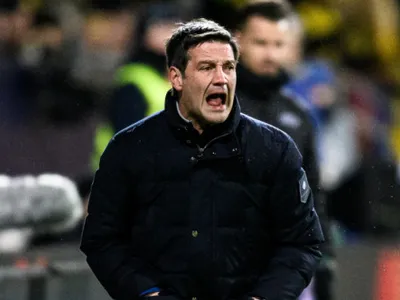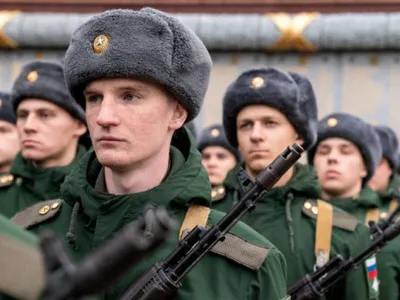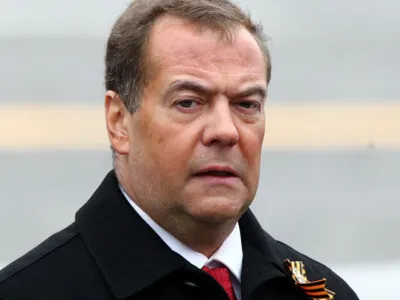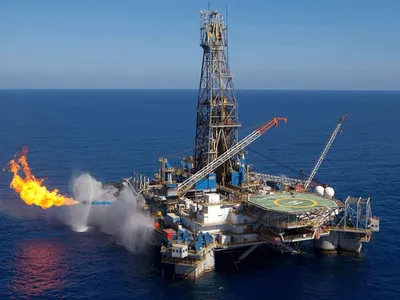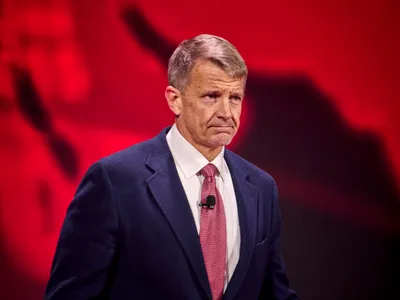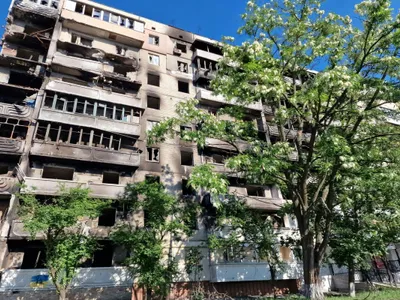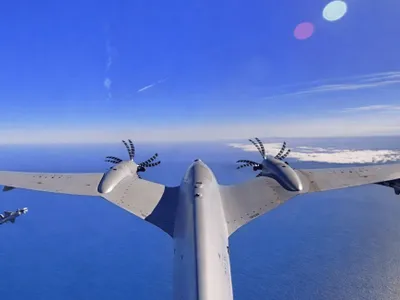A Scandal Without Weapons: Russia Will Not Go to War with Azerbaijan
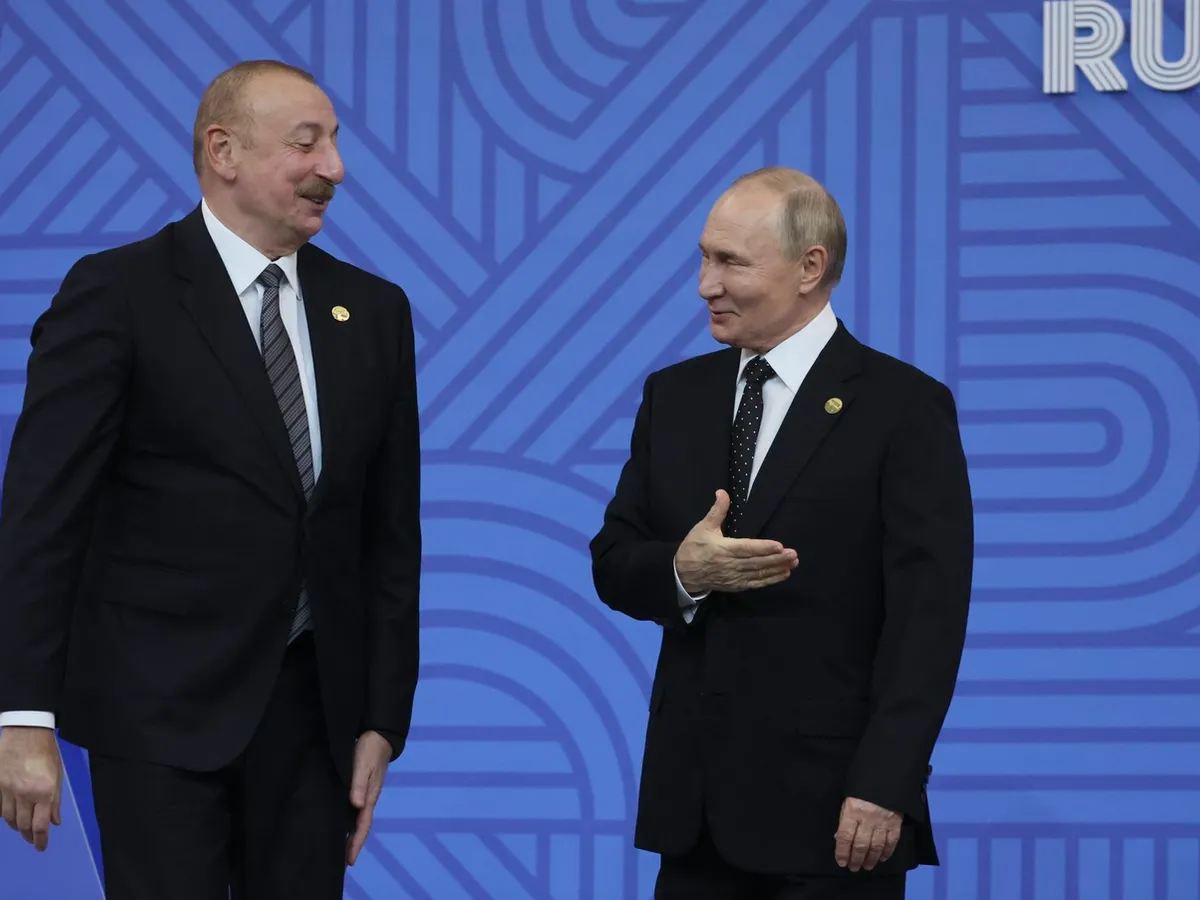
Russian Foreign Ministry spokesperson Maria Zakharova warned third parties against attempts to damage the “extremely important” friendly relations between Russia and Azerbaijan.
Russian Foreign Ministry spokesperson Maria Zakharova warned third parties against attempts to damage the “extremely important” friendly relations between Russia and Azerbaijan.
On the same day, she added: “It must be remembered that these ties [between Moscow and Baku] are based on a strategic alliance. Clearly, there are forces that are not pleased by this.”
A Scandal Without Weapons: Russia Will Not Go to War with Azerbaijan
Both statements were made on 2 July, amid rising tensions between the neighbouring countries – a dispute that dates back to December 2024, when a passenger aircraft operated by AZAL was shot down by Russian air defence systems. President Vladimir Putin apologised to Azerbaijani President Ilham Aliyev for what he called a “tragic incident” in which 38 people lost their lives, but stopped short of accepting responsibility.
Fresh tensions flared on 27 June following a raid by Russian security forces targeting Azerbaijanis in Yekaterinburg, in connection with murder cases dating back to 2001–2011. The operation by Russian law enforcement led to the deaths of two brothers – Huseyn and Ziyaddin Safarov, both Azerbaijani nationals – while several others sustained serious injuries and were admitted to intensive care. On 30 June, Russia’s Investigative Committee stated that both deaths were caused by heart failure. However, a second forensic examination conducted in Baku found that the brothers had died from severe post-traumatic shock caused by multiple physical injuries.
The Azerbaijani government lodged a formal protest over the raids and accused the Kremlin of ethnic discrimination. All events involving Russian state and private institutions in Azerbaijan were cancelled, and a planned visit by the Russian Deputy Prime Minister to Baku was called off.
Subsequently, on 30 June, Azerbaijan’s Ministry of Internal Affairs searched the Baku office of the Russian state news agency Sputnik Azerbaijan, whose accreditation had already been revoked in February. Two senior staff members – Editor-in-Chief Igor Kartavykh and Managing Editor Yevgeny Belousov – were arrested and placed in pre-trial detention for four months. Five additional agency employees were also detained and are under investigation on charges of fraud, unauthorised business activity, and unlawful acquisition of property.
The diplomatic crisis deepened further on 1 July, when a Baku court ordered the arrest of eight Russian citizens detained on on suspicion of drug trafficking from Iran, distribution of illegal drugs, and cybercrime. In response, the foreign ministries of both countries exchanged protest notes and accused each other of undermining bilateral relations.
It appears increasingly clear that the Kremlin is attempting to offset its loss of influence in the South Caucasus by exerting pressure on the Azerbaijani diaspora inside Russia. At the same time, the actions taken by the Azerbaijani authorities represent a symmetrical diplomatic response to Moscow’s ethnically motivated repression.
So far, the tensions have not escalated beyond a diplomatic rift and show no signs of escalating into armed conflict. Russia is Azerbaijan’s third-largest export partner and its second-largest source of imports. In the first five months of 2025, trade turnover between the two countries increased by 25%, reaching USD 2.16 billion. Against the backdrop of such extensive economic cooperation – and Russia’s ongoing war in Ukraine – both Moscow and Baku are likely to seek a pragmatic resolution, something also echoed in Zakharova’s statements.
Nevertheless, to prevent further escalation, Russia would do well to abandon its imperial ambitions and stop treating former Soviet republics as peripheral zones within its own sphere of influence. For nearly three decades, Moscow used the Karabakh conflict as leverage over the two South Caucasus nations – Armenia and Azerbaijan. But after the 2020 war and the September 2023 operation, when Baku regained full control of Karabakh and expanded strategic ties with Turkey and Israel, the Kremlin has completely lost all means of pressure in the region.
Nikolay Yakovenko, Ukrainian journalist, military and political analyst



